Home>Renovation & DIY>Home Renovation Guides>What Home Improvements Need A Permit?
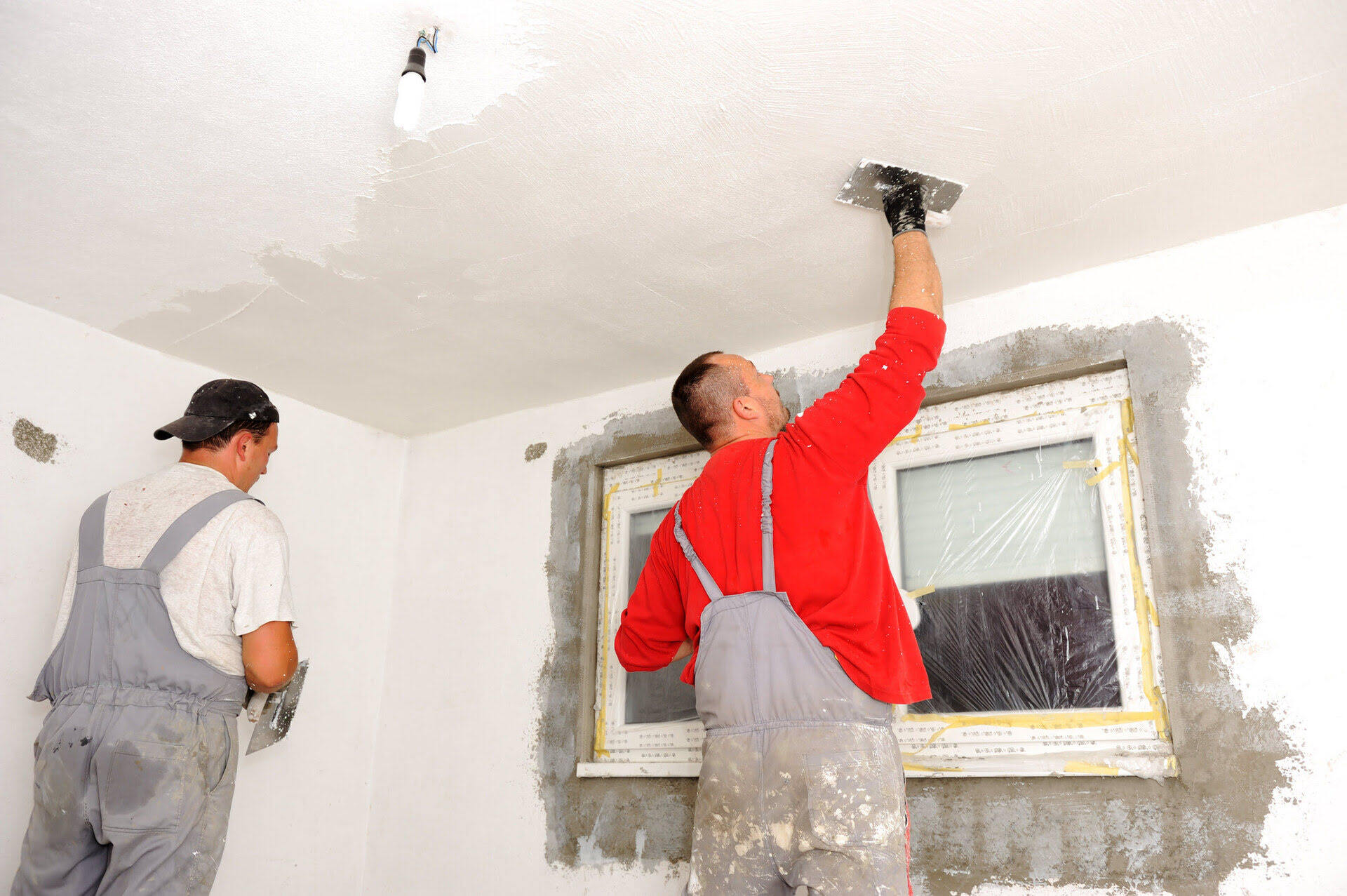

Home Renovation Guides
What Home Improvements Need A Permit?
Modified: April 22, 2024
Learn which home improvements require a permit and ensure your renovation project complies with local regulations. Get expert guidance on home renovation permits.
(Many of the links in this article redirect to a specific reviewed product. Your purchase of these products through affiliate links helps to generate commission for Storables.com, at no extra cost. Learn more)
**
Introduction
**
So, you're ready to tackle some home improvement projects. Whether you're planning to renovate your kitchen, add a deck, or build a new fence, it's important to understand when a building permit is required. Navigating the world of building permits can be a daunting task, but fear not! This comprehensive guide will shed light on the ins and outs of building permits for home improvements.
Understanding the nuances of building permits is crucial for ensuring that your home improvement projects comply with local regulations. Failure to obtain the necessary permits can result in legal complications and financial repercussions down the road. By familiarizing yourself with the permit requirements for various home improvement projects, you can proceed with confidence and peace of mind.
In this guide, we'll delve into the types of home improvements that typically require permits, as well as those that may not necessitate official approval. Additionally, we'll explore the potential consequences of undertaking home improvements without the requisite permits. By the end of this article, you'll have a clear understanding of the importance of building permits and the specific projects for which they are essential. Let's embark on this enlightening journey into the realm of building permits for home improvements.
Key Takeaways:
- Always check if your home improvement project needs a permit. Structural changes, electrical work, plumbing projects, additions, HVAC installations, and fence construction usually require permits to ensure safety and compliance.
- Skipping permits for home improvements can lead to legal trouble, property devaluation, safety risks, insurance issues, and future compliance headaches. It’s crucial to follow permit requirements to protect your home and investment.
Understanding Building Permits
Before delving into the specific types of home improvements that require permits, it’s essential to grasp the fundamental concept of building permits. A building permit is an official approval granted by the local government or relevant authority that allows homeowners to proceed with construction, renovation, or alteration of a property. The primary purpose of building permits is to ensure that the proposed changes to a structure comply with safety standards, zoning regulations, and building codes.
When you apply for a building permit, the local building department will review your plans to assess whether they meet the established criteria. This review process typically involves evaluating structural integrity, adherence to zoning ordinances, and compliance with relevant building codes. By obtaining a building permit, you demonstrate your commitment to upholding the safety and structural integrity of your property.
Building permits serve as a safeguard against substandard construction practices and help prevent potential hazards. They also contribute to maintaining the overall quality and value of properties within a community. By adhering to the permit requirements, homeowners contribute to the preservation of uniformity and safety standards in their neighborhoods.
Understanding the nuances of building permits is crucial for homeowners embarking on home improvement projects. By familiarizing yourself with the permit application process and the specific requirements for different types of renovations, you can ensure a smooth and compliant execution of your projects. Now that we’ve established the significance of building permits, let’s explore the specific home improvements that typically necessitate official approval.
Home Improvements Requiring Permits
When it comes to home improvements, several types of projects typically require building permits due to their potential impact on the structural integrity and safety of a property. Understanding the specific renovations that necessitate permits is essential for homeowners planning to undertake such projects. Here are some common home improvements that often require official approval:
- Structural Changes: Any alterations that involve the structural components of a building, such as load-bearing wall removal, foundation modifications, or roof truss adjustments, typically require building permits. These changes directly affect the stability and safety of the structure, making permit approval crucial.
- Electrical Work: Installing or modifying electrical systems, including wiring, outlets, and circuit breaker panels, usually mandates a permit. This ensures that the electrical work meets safety standards and is performed by licensed professionals.
- Plumbing Projects: Significant plumbing projects, such as adding new supply lines, relocating plumbing fixtures, or altering the drainage system, often require permits to verify compliance with plumbing codes and regulations.
- Additions and Expansions: Building new additions, such as room expansions, garage conversions, or constructing additional stories, typically necessitates building permits to ensure that the new structures adhere to zoning laws and building codes.
- HVAC System Installations: Installing or replacing heating, ventilation, and air conditioning (HVAC) systems often requires permits to confirm compliance with energy efficiency standards and safety regulations.
- Fence and Wall Construction: Erecting new fences or walls, especially those that exceed certain height limits, may require permits to ensure compliance with property boundary regulations and neighborhood covenants.
These are just a few examples of home improvements that commonly necessitate building permits. It’s important to consult with your local building department or permitting authority to determine the specific permit requirements for your planned renovations. By obtaining the necessary permits for these projects, homeowners can proceed with confidence, knowing that their improvements are compliant with regulatory standards and safety protocols.
Always check with your local building department before starting any home improvement project to determine if a permit is required. This includes projects like adding a new room, electrical work, plumbing changes, and structural alterations. It’s better to be safe than sorry!
Home Improvements Not Requiring Permits
While many home improvement projects necessitate building permits, there are certain renovations that may not require official approval from local authorities. Understanding which projects fall into this category can provide homeowners with clarity and expedite the planning and execution of their improvements. Here are some common home improvements that typically do not require permits:
- Cosmetic Upgrades: Cosmetic changes such as painting walls, installing new flooring, and replacing countertops generally do not require building permits since they do not impact the structural integrity or safety of the property.
- Cabinet Replacement: Swapping out existing cabinets in kitchens, bathrooms, or other areas of the home typically does not necessitate a building permit, as it primarily involves interior alterations.
- Exterior Siding Repair: Repairing or replacing exterior siding, as long as it does not involve significant structural modifications, often does not require a building permit.
- Landscaping and Hardscaping: Projects such as planting trees, shrubs, and flowers, as well as installing pathways, patios, and decorative garden elements, generally do not mandate building permits.
- Minor Repairs: Small-scale repairs, including fixing leaky faucets, replacing light fixtures, and addressing minor plumbing issues, typically do not require permits, as they are considered routine maintenance tasks.
- Interior Remodeling without Structural Changes: Interior remodeling projects that do not involve structural modifications, such as updating cabinetry, changing fixtures, or renovating non-load-bearing walls, often do not require building permits.
It’s important to note that the regulations regarding permit requirements for specific home improvements may vary by location. While the aforementioned projects commonly do not necessitate permits in many areas, it’s advisable to check with local building authorities or permitting offices to confirm the permit exemptions applicable to your region.
By understanding which home improvements do not require permits, homeowners can proceed with these projects confidently, knowing that they are compliant with local regulations. This knowledge can streamline the planning and execution of renovations, allowing homeowners to enhance their living spaces without unnecessary bureaucratic hurdles.
Consequences of Not Obtaining a Permit
Failure to obtain the necessary building permits for home improvement projects can lead to a range of adverse consequences that may significantly impact homeowners. It’s crucial to understand the potential repercussions of undertaking renovations without proper permits to avoid legal, financial, and safety-related complications. Here are some of the notable consequences of not obtaining a permit:
- Legal Penalties: Performing home improvements without the required permits can result in legal consequences, including fines, citations, and stop-work orders issued by the local building department. Homeowners may be held liable for violating building codes and zoning regulations, leading to costly legal proceedings.
- Property Devaluation: Unpermitted improvements can diminish the value of a property, as they may raise concerns about compliance with safety standards and building codes. When it comes time to sell the home, unpermitted renovations could deter potential buyers or lead to lower offers.
- Safety Hazards: Without the oversight provided by the permit process, home improvements may pose safety hazards due to substandard construction practices or non-compliance with building codes. This can jeopardize the well-being of occupants and compromise the structural integrity of the property.
- Insurance Implications: In the event of damage or accidents related to unpermitted renovations, homeowners’ insurance policies may not provide coverage, leaving individuals financially vulnerable. Insurance companies may deny claims if the property has undergone unapproved modifications.
- Resale Complications: When selling a home that has unpermitted improvements, homeowners may encounter challenges during the inspection and appraisal processes. Buyers and their lenders may raise concerns about the legality and safety of the unpermitted renovations, potentially derailing the sale.
- Future Compliance Requirements: Rectifying unpermitted improvements after the fact can be a complex and costly endeavor. Homeowners may be required to retroactively obtain permits, undergo inspections, and make necessary alterations to bring the property into compliance with regulations.
By understanding the potential consequences of proceeding with home improvements without the requisite permits, homeowners can make informed decisions and prioritize compliance with local regulations. It’s essential to consult with the local building department or permitting authority before initiating any renovations to ensure full adherence to permit requirements. By doing so, homeowners can safeguard their properties, mitigate risks, and uphold the integrity and value of their homes.
Conclusion
Embarking on home improvement projects is an exciting endeavor that allows homeowners to enhance the functionality, aesthetics, and value of their properties. However, it’s imperative to navigate this journey with a thorough understanding of building permits and their significance in the realm of renovations. By familiarizing yourself with the permit requirements for various types of home improvements, you can ensure compliance with local regulations and avoid potential pitfalls.
Building permits serve as a vital mechanism for upholding safety standards, structural integrity, and zoning regulations within communities. They provide assurance that renovations are executed in accordance with established codes and guidelines, contributing to the overall well-being and cohesion of neighborhoods. By obtaining the necessary permits for applicable home improvements, homeowners demonstrate their commitment to responsible and compliant property enhancements.
Conversely, neglecting to obtain permits can lead to a myriad of complications, ranging from legal penalties and property devaluation to safety hazards and insurance implications. Understanding the consequences of proceeding without permits underscores the importance of adhering to regulatory requirements and seeking proper authorization for renovations.
As you embark on your home improvement journey, remember to consult with your local building department or permitting authority to determine the specific permit requirements for your planned projects. By doing so, you can proceed with confidence, knowing that your renovations are conducted in full compliance with regulatory standards.
In summary, building permits are not merely bureaucratic formalities; they are essential safeguards that uphold the integrity, safety, and value of your home. By embracing the permit process and prioritizing compliance, you can embark on your home improvement ventures with peace of mind, knowing that your enhancements are not only aesthetically pleasing but also structurally sound and legally sound.
Frequently Asked Questions about What Home Improvements Need A Permit?
Was this page helpful?
At Storables.com, we guarantee accurate and reliable information. Our content, validated by Expert Board Contributors, is crafted following stringent Editorial Policies. We're committed to providing you with well-researched, expert-backed insights for all your informational needs.

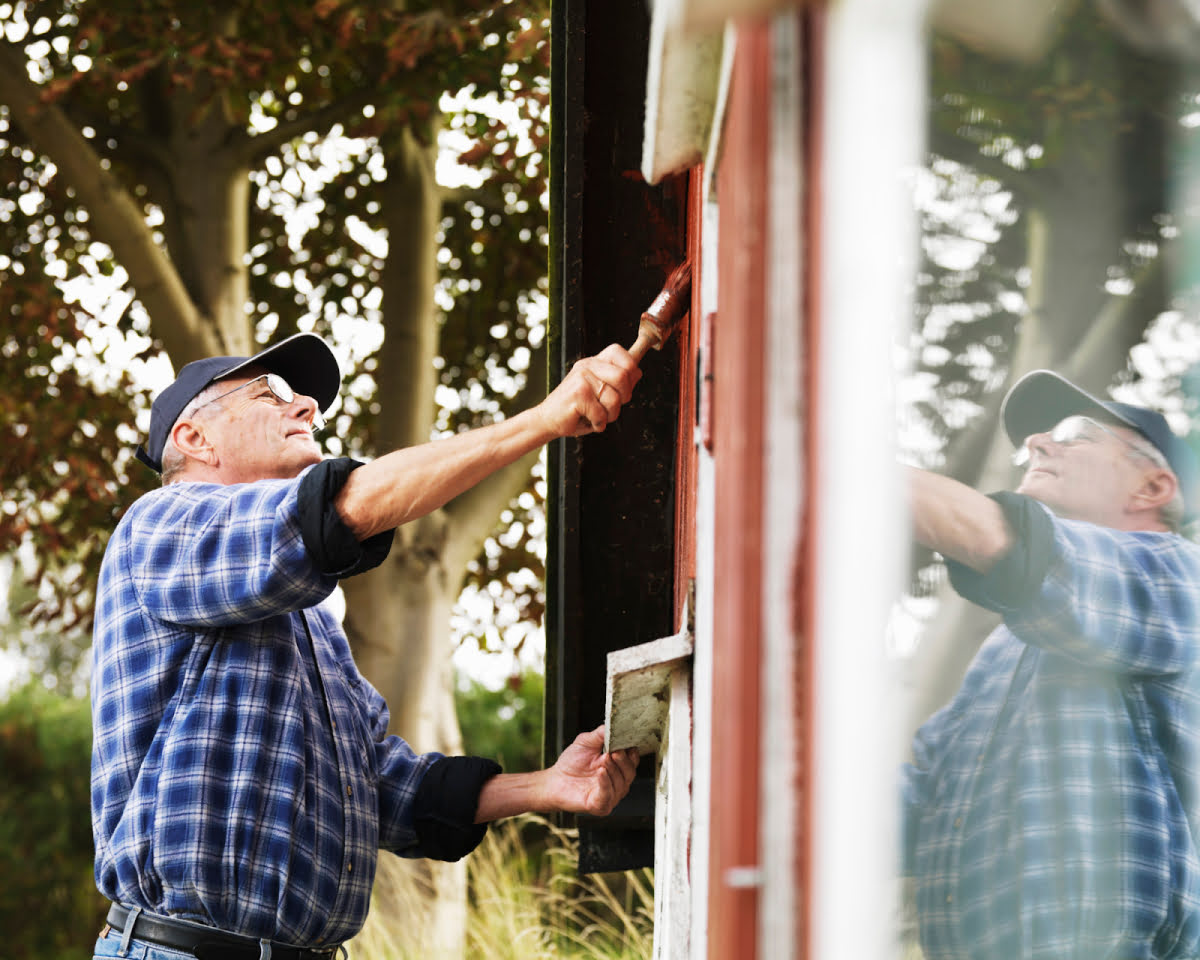
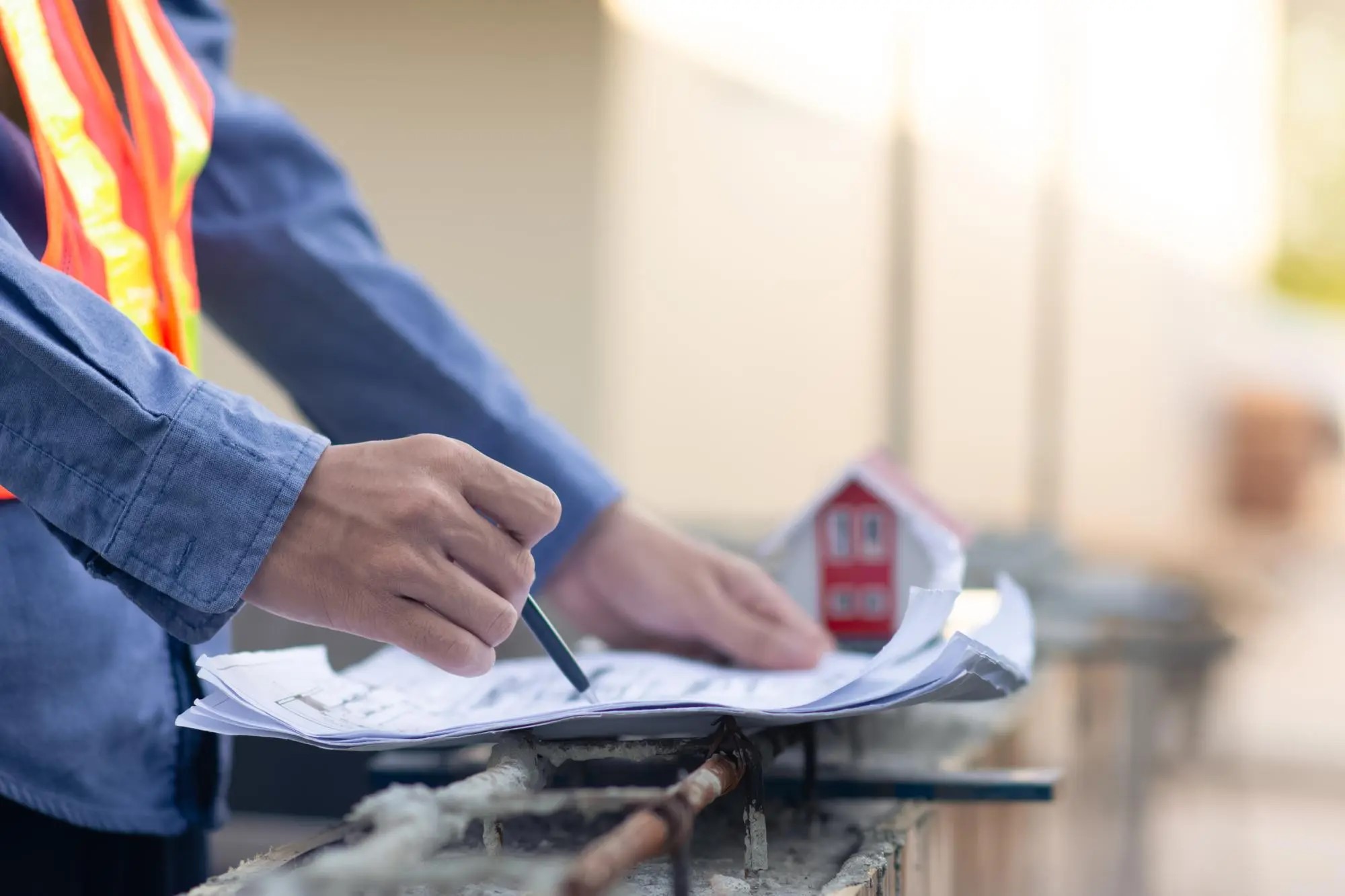

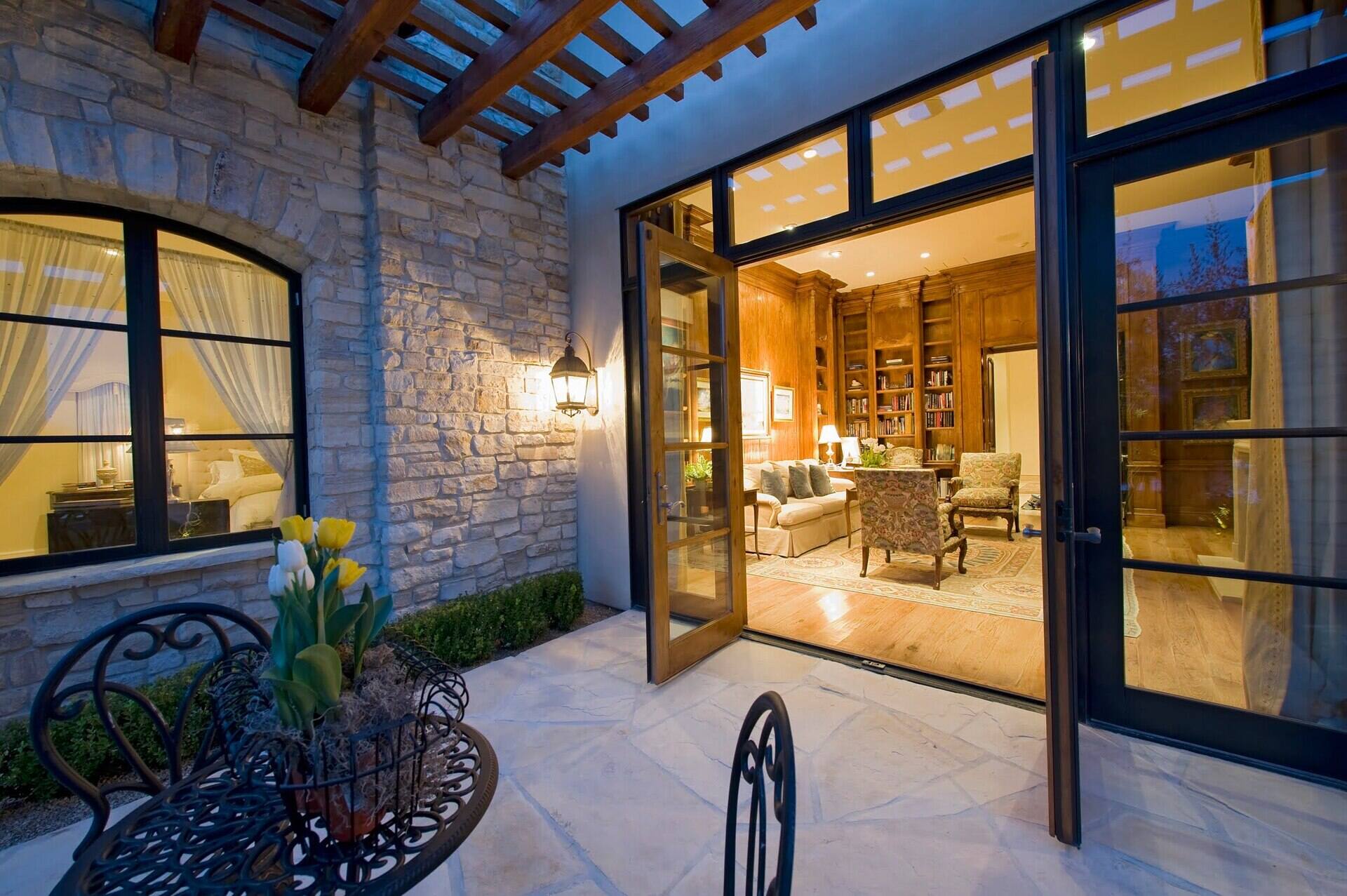

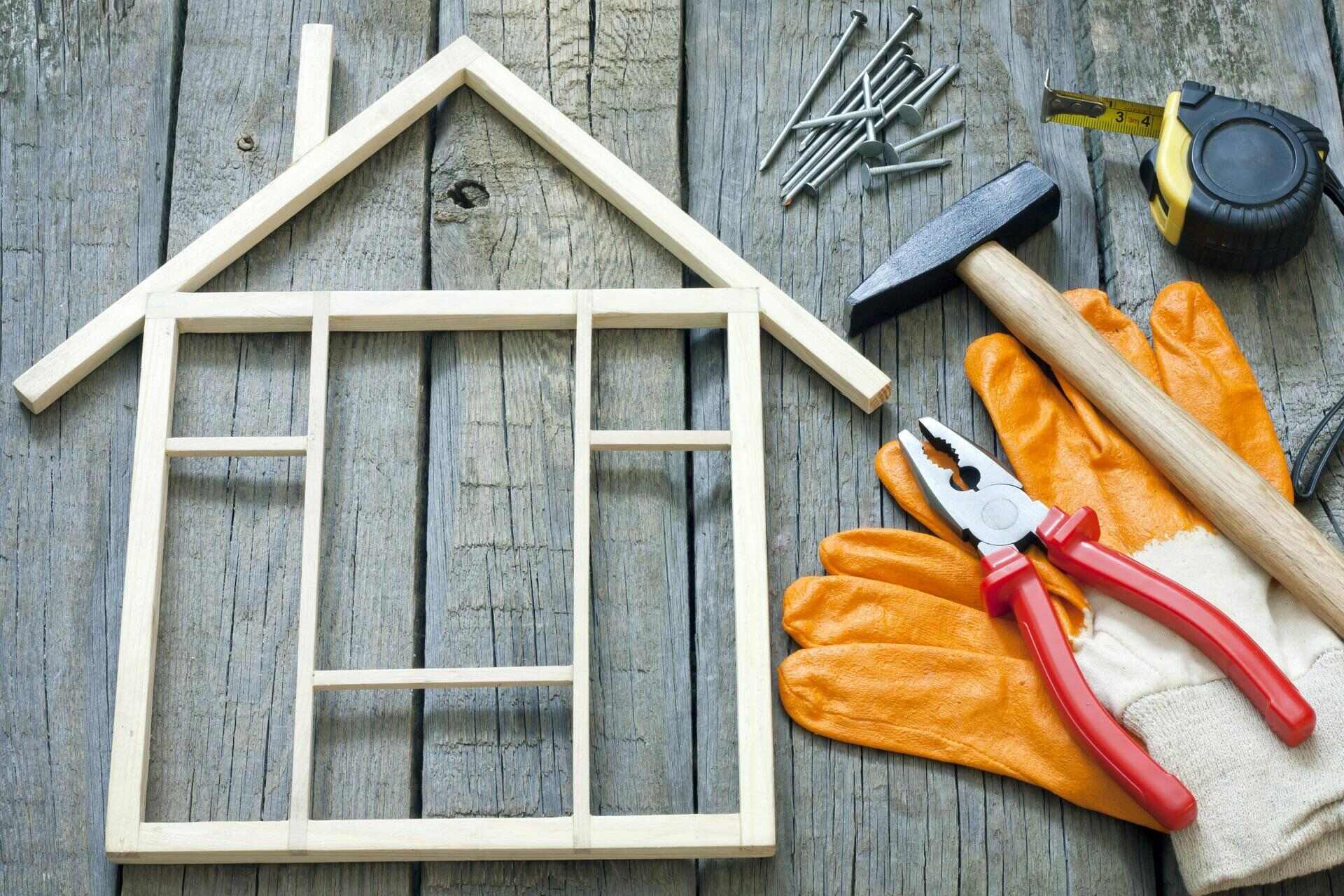
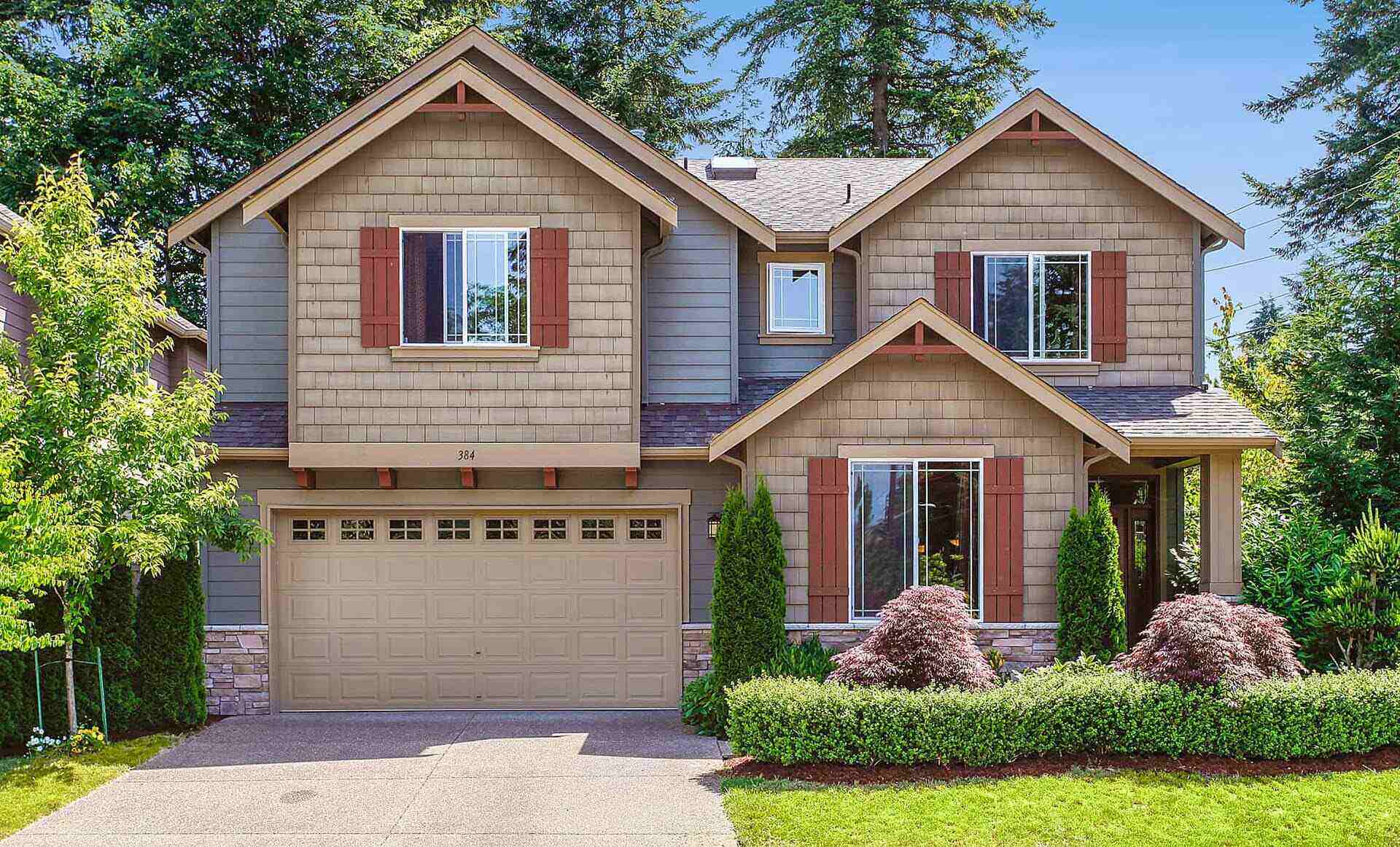
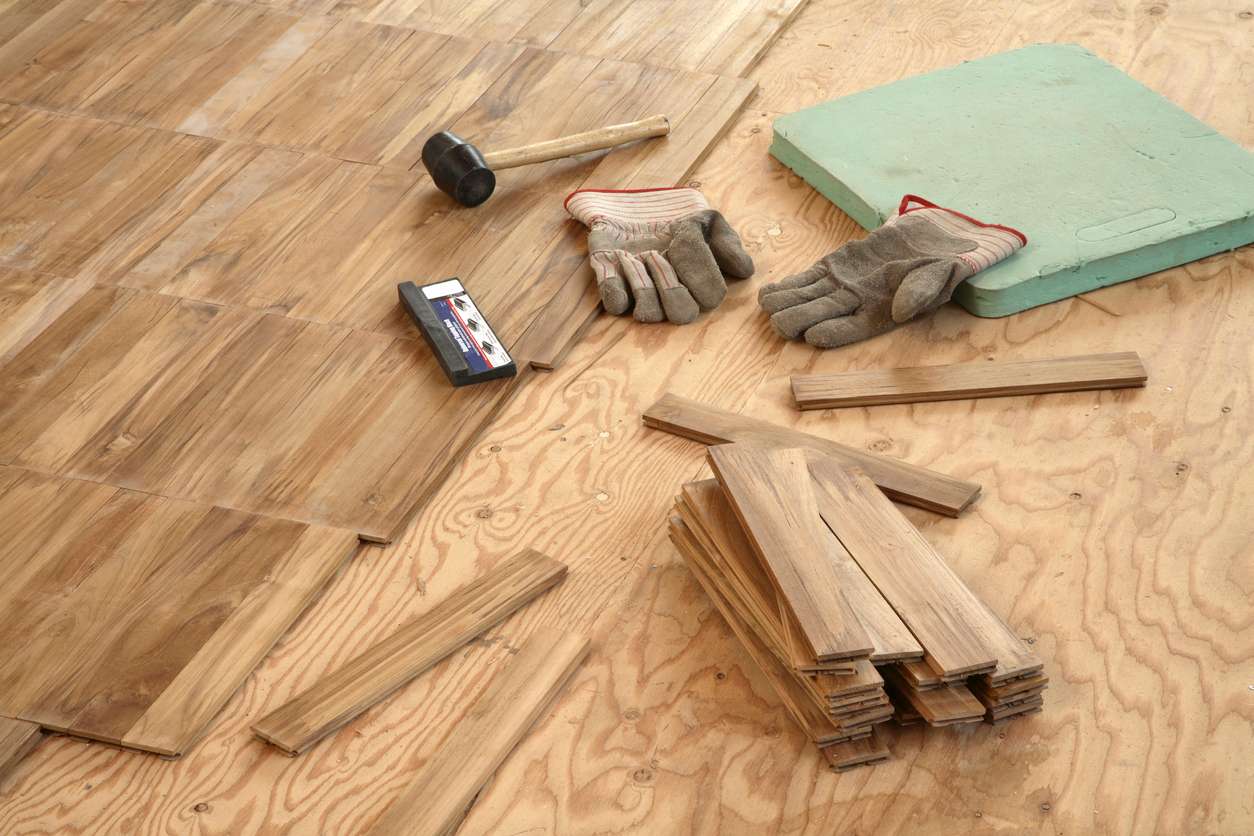
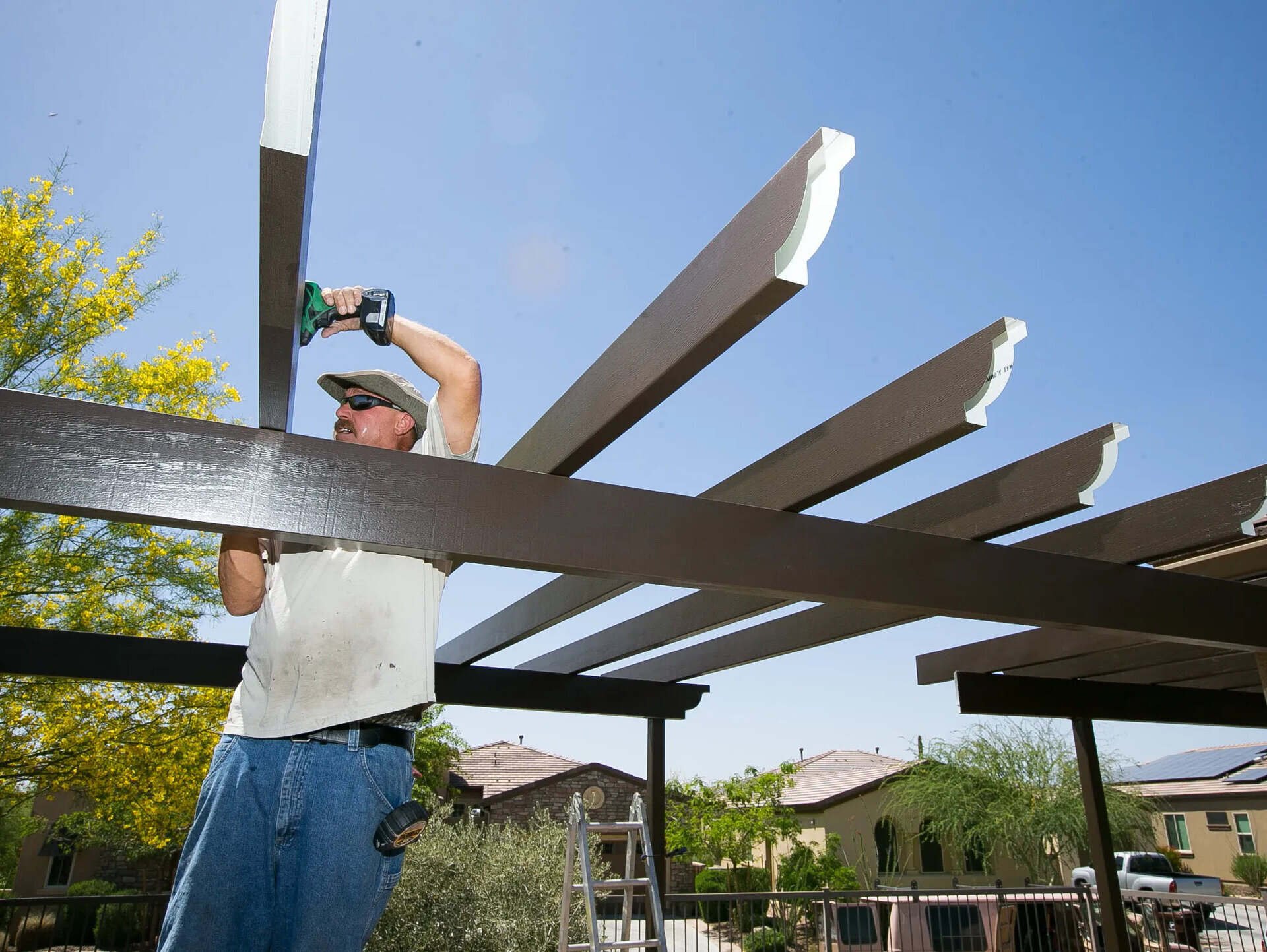

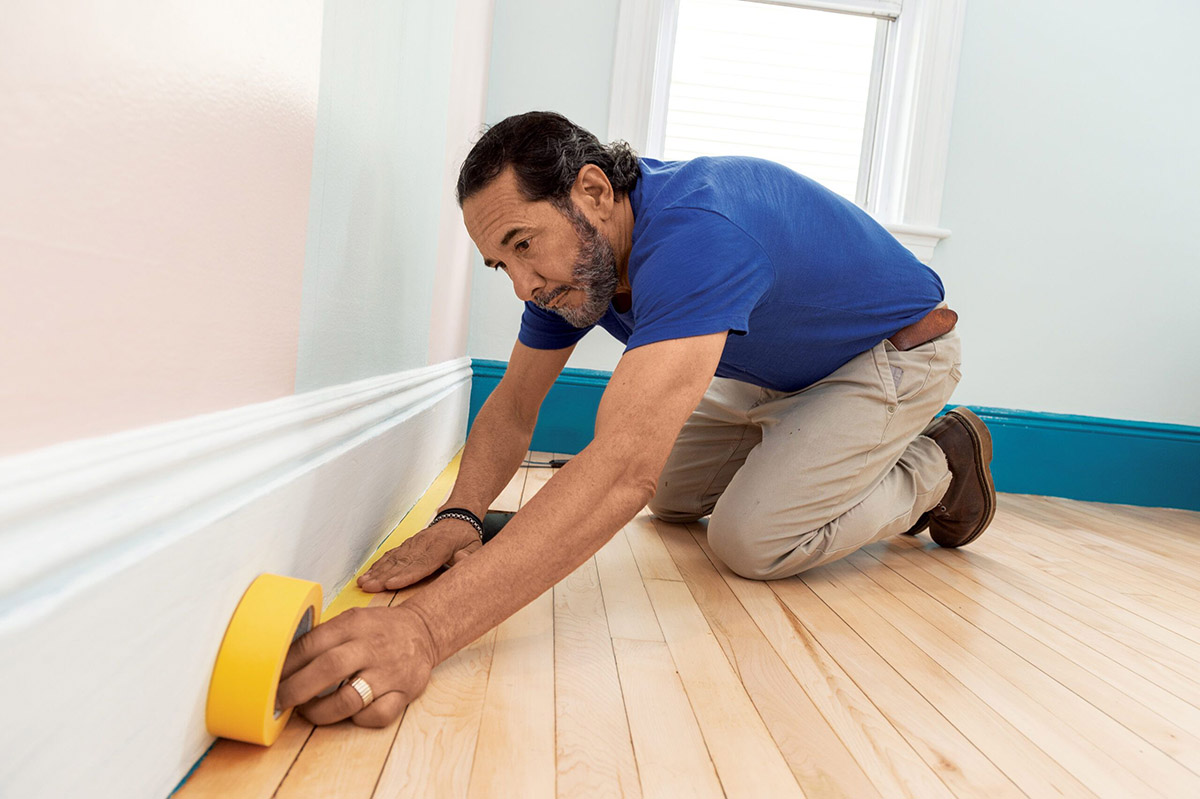
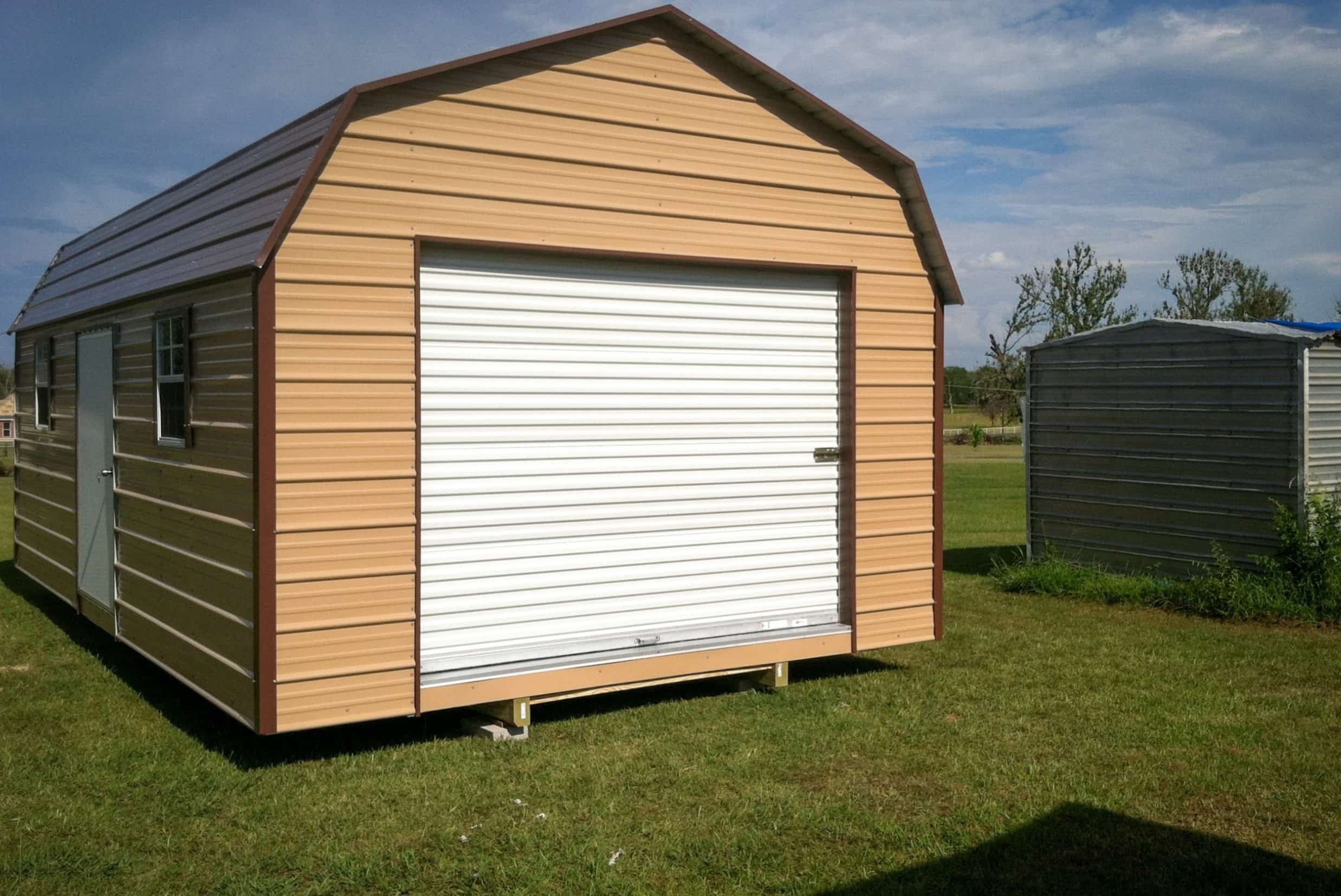


0 thoughts on “What Home Improvements Need A Permit?”